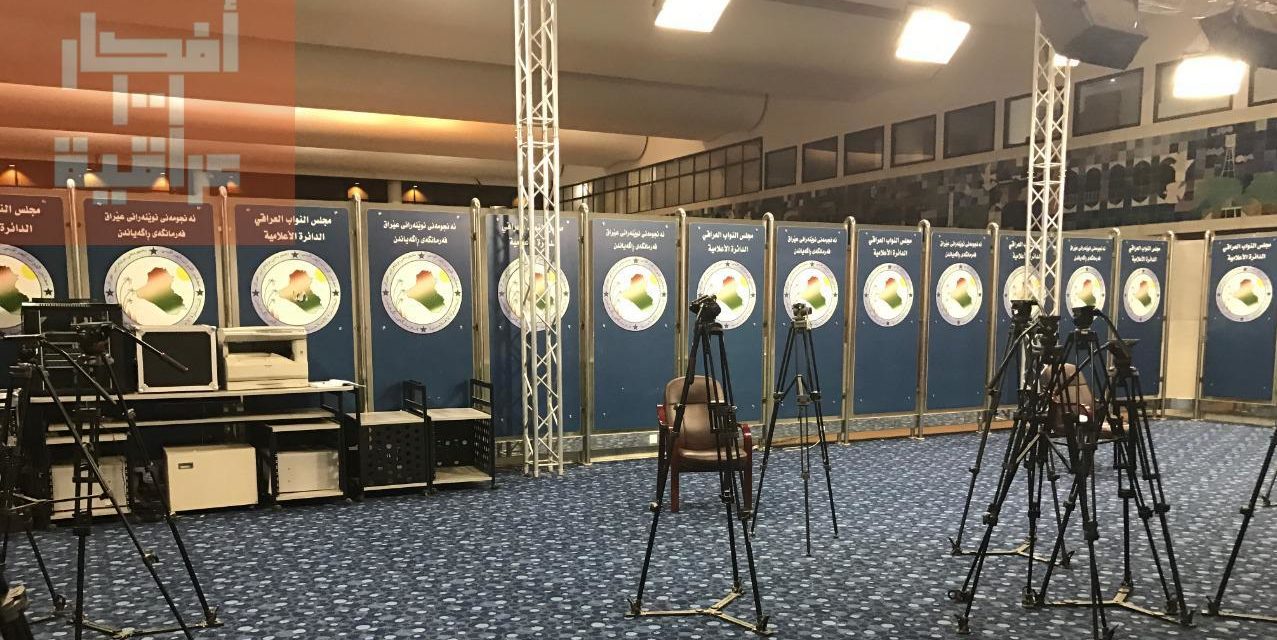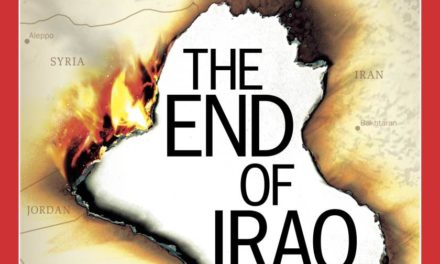On July 15, 2015, cameraman Jalaa Al-Abadi of Nineveh Reporters Network was murdered by Da’ish, a month after being kidnapped by the militant group. Next month will mark three years since Rojnews reporter Wadat Hussain was abducted, tortured, and murdered in Duhok. Fearing a repeat of the kind of bad press that derailed Haider Al-Abadi’s reelection bid last year, the authorities in Basra have already warned journalists about reporting on summer protests there.
Despite the proliferation of outlets since the fall of the Ba’ath regime, it is widely acknowledged that the state of press freedom in Iraq and the Kurdistan Region is dismal. Reporters Without Borders (RSF) ranks Iraq 156 out of 180 on its 2019 World Press Freedom Index. According to the Committee to Protect Journalists (CPJ), at least 32 journalists have been murdered in Iraq since 2008. CPJ also ranks the country third worst on its Impunity Index, which tracks whether those who murder journalists are brought to justice.
Local groups like the Metro Center for Journalists Rights and Advocacy, journalists syndicates in Iraq and the Kurdistan Region, and international watchdogs like RSF and CPJ document hundreds of violations every year. Reporters in the field are often subject to harassment, intimidation, arrest, and violence from the security forces, armed militias, and political parties. Media offices are attacked or closed down by the security forces. Online, journalists – especially women – experience targeted abuse and threats to themselves and their families. Some have had to flee their homes in search of safety abroad.
Beyond an environment where journalists’ lives and safety are under threat, they are prevented from communicating information vital to the public interest by an opaque state bureaucracy that limits access to basic data, political interference from editors and owners, and insufficient funding for independent outlets. Journalists are taken to court to answer baseless lawsuits that charge them with violating broadly-written statutes that carry harsh sentences if convicted. Critics have warned that a proposed cybercrime law will be used to punish journalists for their work.
Explanation and analysis of current events can hold the powerful to account, provide blueprints for action, highlight new business and cultural opportunities, combat misinformation, give a platform for historically marginalized voices, foster empathy, and create solidarity across borders and within communities. Without dedicated, skilled, and ethical journalists to carry out these functions, those who seek to profit through corruption, undermine the rule of law, and prevent democratic norms and procedures from developing have an open field of play. Citizens grow more discouraged, cowed into acquiescence by the false understanding that there is no option other than the system of governance already in place.
Many journalists are already fighting to report the news in this hostile environment and persevere in the face of great risk. The head of the Baghdad Today news agency Nabil Jassim was threatened in May for pursuing a corruption investigation. Freelance reporter Haidar Al-Hamdani had the words “we want blood” painted on his door in Samawah in July by unidentified individuals. Last August, a rocket was fired at the offices of the Kurdsat channel in Kirkuk.
The fight to ensure a free and independent press is a daunting task that requires systemic solutions involving the active commitment of government, civil society, and the media itself. But there is a path forward, which remains open and available should we all choose to take it.
Earlier this month, more than 30 freedom and media development organizations met in advance of the Global Media Freedom Conference in London and developed a list of eleven measures that governments should take to ensure media freedom in their jurisdictions, including releasing all imprisoned journalists, stopping killing, attacking, and denigrating journalists, and investigating and prosecuting all murders of journalists. The governments in Baghdad and Erbil should immediately move to endorse these measures, enshrine them in law, train their security forces and other officers of the state to abide by them, and ensure that all violations are investigated and prosecuted. There is certainly more to be done beyond that specific list, but they are necessary as a first step.
Foreign governments should similarly endorse these measures themselves by applying them at home, integrating them into their foreign policies, and then making press freedom a priority issue area in bilateral relations. They should politically support adherence to its principles on the part of the Government of Iraq and the Kurdistan Regional Government and not shy away from publicly calling out violations. While some argue that private diplomacy is more effective, naming and shaming creates norms that have an impact beyond the backrooms.
Iraq’s partners should also increase funding for programs that promote media freedom. At the Global Media Freedom Conference, organizing governments Canada and the United Kingdom both announced new funding to support press freedom initiatives in the Middle East and around the world. Many other governments, including the Netherlands, are working to support similar initiatives either bilaterally or through the United Nations Assistance Mission for Iraq (UNAMI), but clearly the need remains significant and cries out for more to be done.
Civil society is another important actor that needs attention, since it acts as both an intermediary between the media and the people and as a guardian of press freedom. Programs, like those run by Media Academy Iraq, can help to educate the public about how to actively and critically engage with the media that they consume. While this can lead to better accountability for government, a critical eye on the part of readers and viewers also exposes outlets that traffic in misinformation and propaganda for what they are. Funding their work, highlighting their successes, and protecting them from harm should be prioritized.
Finally, journalists perhaps bear the greatest responsibility in creating a free and independent press. We must take our role seriously and to the best of our ability produce reporting that challenges and informs and that adheres to our craft’s standards of quality and ethical conduct, despite the obstacles thrown in our way. We have an obligation to the public to do so and, given the enormity of the challenges they face, we owe them nothing less. Moreover, we have a duty to each other as journalists to stand in solidarity when the rights of other reporters in Iraq and the Kurdistan Region are violated, just as we call out for justice for Jamal Khashoggi or our colleagues in Syria, Yemen, and elsewhere. We should also consistently hold those in power to account on the issue, questioning them in interviews and challenging them to do better. Without cooperative action on our part, little progress can be made.
If Iraq hopes to rebuild from decades of war, it needs a well-informed, democratically engaged public and politicians and business people who are held to account. A free and independent press is a crucial part of that project, but creating that kind of media environment will require a sea change in law, practice, and attitude. If that does not happen, journalists will continue to suffer abuse and violence at the hands of those in power and citizens will be deprived of their right to expression and a powerful avenue for redress.

Winthrop Rodgers
Winthrop Rodgers is a Senior Editor at NRT, based in Sulaymaniyah.










